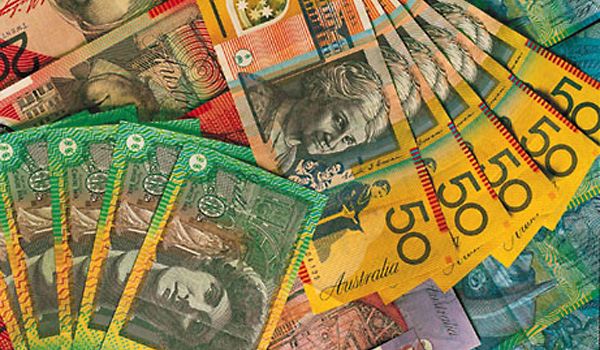Wednesday, 28 October 2015 11:57
 TOKYO: Jittery investors moved out of emerging market currencies Wednesday as they look to key US and Japanese central bank meetings, while worries about China and a weak inflation reading sent the Australian dollar tumbling.
TOKYO: Jittery investors moved out of emerging market currencies Wednesday as they look to key US and Japanese central bank meetings, while worries about China and a weak inflation reading sent the Australian dollar tumbling.
The Aussie lost nearly 1.0 percent against the US dollar in morning Asian trade, as official data showed the country’s inflation rate came in at a lower-than-expected 0.5 percent.
Worries about stalling growth in China — the biggest buyer of Australia’s raw material exports — also took a bite out of the unit.
“The Aussie’s plunge shows markets are not in a position to take risks at all,” Jun Kato, senior fund manager at Shinkin Asset Management, told Bloomberg News.
“With speculation about China’s growth being lower than officially projected, and commodities prices failing to sustain gains, the (inflation) data was another blow to the currency.”
The US dollar also rose against the Malaysian ringgit, the South Korean won, and the Thai baht.
In other trading, the greenback slipped to 120.40 yen from 120.48 yen Tuesday in New York.
The euro weakened to $ 1.1031 and 132.78 yen from $ 1.1041 and 133.02 yen.
Markets were keeping a close eye on the outcome of a US Federal Reserve meeting later in the day, with traders increasingly betting that the central bank will hold off an interest rate hike until next year.
The Fed had said it would likely raise rates before 2016, but summer turmoil in global financial markets has thrown that timeline into doubt.
Weak economic figures — consumer confidence sagged and durable goods orders fell for a second straight month in September — added further doubt about whether the world’s top economy was strong enough to absorb a rate rise.
“I don’t think the Fed is going to risk tightening policy this year,” Nader Naeimi, Sydney-based head of dynamic asset allocation at AMP Capital Investors, told Bloomberg News.
“It looks like markets have stalled, but we still have some cash and if markets pull back, we are using that as a buying opportunity.”
Also in focus was a Bank of Japan meeting Friday, where policymakers are facing pressure to ramp up their record bond-buying stimulus programme in the face of a weakening economy.


























